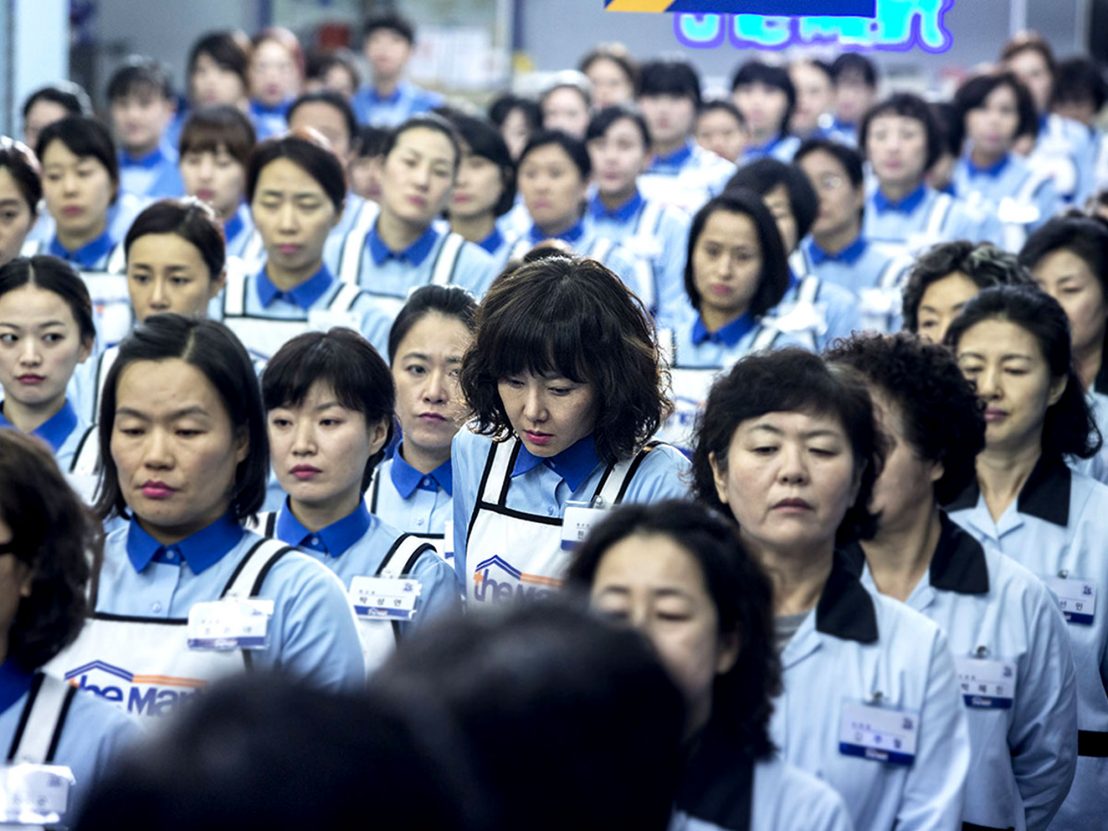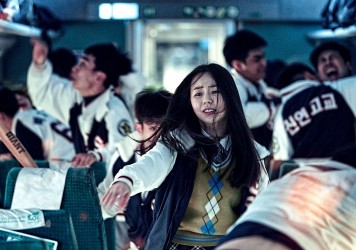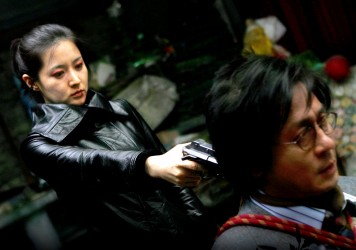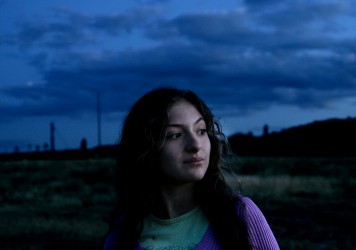
This year’s LKFF offered a refreshing counterpoint to the masculine narratives that continue to dominate Korean cinema.
In 1955, director Park Nam-ok became the first South Korean woman to make a feature film. Yet The Widow, which would prove to be her only film, did not so much blow open the door for other women directors as leave it slightly ajar.
In her rough, spirited 2002 documentary, Keeping The Vision Alive, director Yim Soon-rye met a group of female filmmakers who, along with various other women’s cultural movements, broke out in the country in the mid ’90s and managed, against all the odds, to change this. The film details the many obstacles put up by the South Korean film industry’s obstinate, oppressive male gatekeepers, determined to maintain the status quo while celebrating the ways in which they themselves had managed to subvert it. Together these two films, made almost 50 years apart, made for a fitting introduction to the 2016 edition of the London Korean Film Festival (LKFF), which took as its focus this year a national survey of female filmmaking over the last 15 years.
The best film in the ‘Lives of Korean Women through the Eyes of Women Directors’ strand was Jeong Jae-eun’s Take Care of My Cat, which performed poorly on its initial release back in 2001 but has since gained a healthy domestic following. It delicately tracks the diverging lives of a female friendship group on the cusp of adulthood, as the young women arrive at a juncture where various changes threaten to drive them apart. First time writer/director Jae-eun moves between the stories of the five girls effortlessly, slowly establishing the evolving details of their individual lives as well as the shared history which connects them. Gorgeously shot and emotively soundtracked by early 2000s Korean electronica collective byul.org, Take Care of My Cat has a rare, arresting atmosphere; the sort of film where all of the elements involved seem to come together perfectly.
Yim Soon-rye’s Forever The Moment and Boo Ji-young’s Cart are two further examples of the overarching theme at this year’s LKFF: the strength of the female collective. Dramatisations of real events, both films show a band of ordinary women displaying exceptional commitment to a difficult cause, often at substantial personal expense. Cart shows a cooperative of temporary store workers who resisted the infringements of their employers and the state, forming a union and protesting vehemently for the most basic rights. Forever The Moment follows Korea’s women’s national handball team as they battle for Olympic glory in 2004 against a backdrop of various personal and economic complications. These films are notable as examples of women directors working within mainstream, typically male-helmed modes (the sports movie and the protest narrative), and inverting these formats to tell stirring stories of the power of female unity against oppressive forces or within limiting structures.
A different story of ordinary women, HyunJu Lee’s Our Love Story, one of the newer features within the retrospective, is a rare example of a gay relationship in Korean cinema. Gentle and decidedly undramatic, HyunJu Lee’s low-key indie gem explores a shy relationship between an art student and a bartender, patiently drawing out the specifics of a burgeoning romance while slyly drawing attention to the social barriers which complicate it at the fringes. Strong performances from leads Lee Sang-hee and Ryu Sun-young carry Our Love Story, with Lee’s understated direction giving them plenty of space to flesh out a compelling, believable relationship drama that develops naturally with the characters’ understanding of each other.
In one of the festival’s two forums on women’s roles in Korean cinema, host Sophie Mayer, while outlining the importance of representation, surmised the panelist’s thoughts with the neologism “you can’t be what you can’t see.” If anything unifies the films in the LKFF’s mini-retro, it is this. They pose alternatives to the masculine narratives that have been, and continue to be, central to Korean cinema, and show individuals and worlds that differ from the norm. Less inspiring is the fact that, based on Soo-jung and Soon-rye’s comments during the discussions, some 14 years on from Keeping The Vision Alive, much of the problems the participant filmmakers outline seem not like descriptions of a bygone era, but prescient concerns still entirely relevant to the current generation. Nam-ok’s vision remains alive, but is yet to be fulfilled.
Published 29 Nov 2016

The end of the world has a familiar theme in these train-based South Korean allegories.

By Amandas Ong
Will this enduring trope become obsolete as we move towards a less gendered worldview?

By Matt Turner
Documentary filmmakers Betzabé García and Tatiana Huezo are giving a voice to victims of violent abuse.